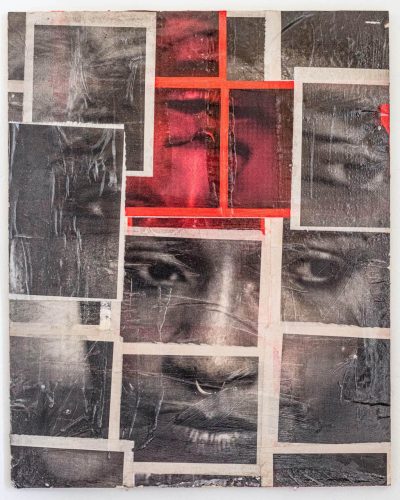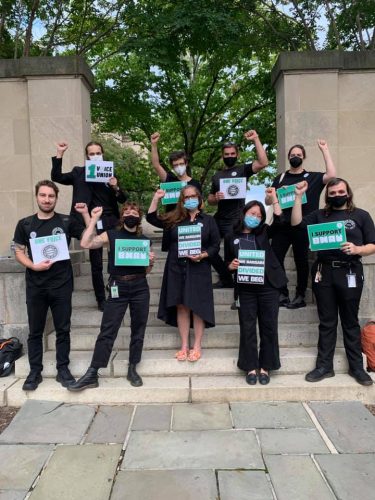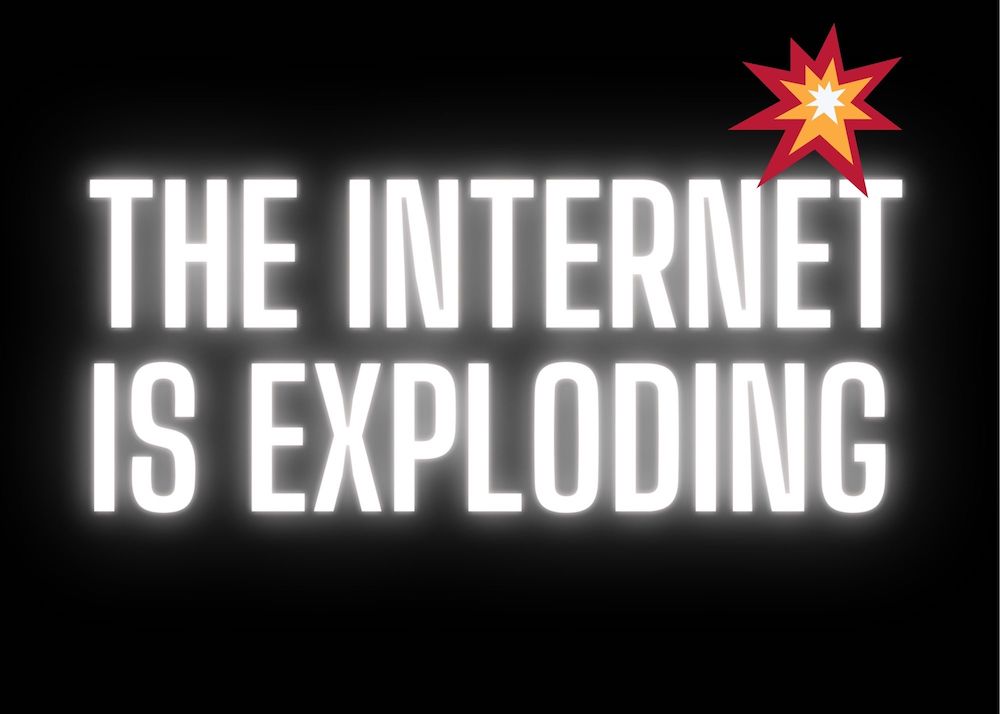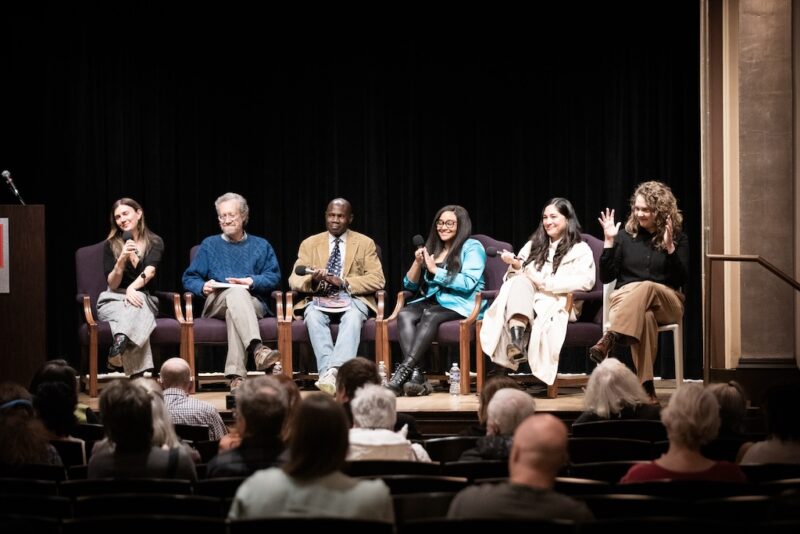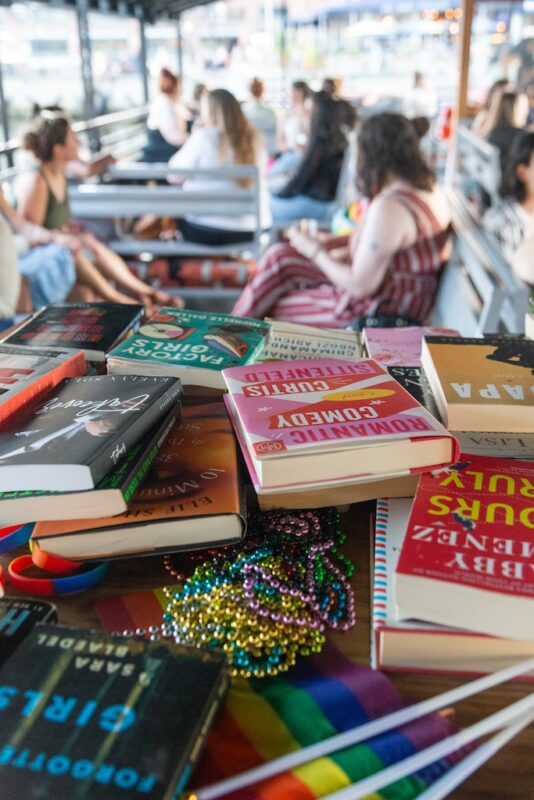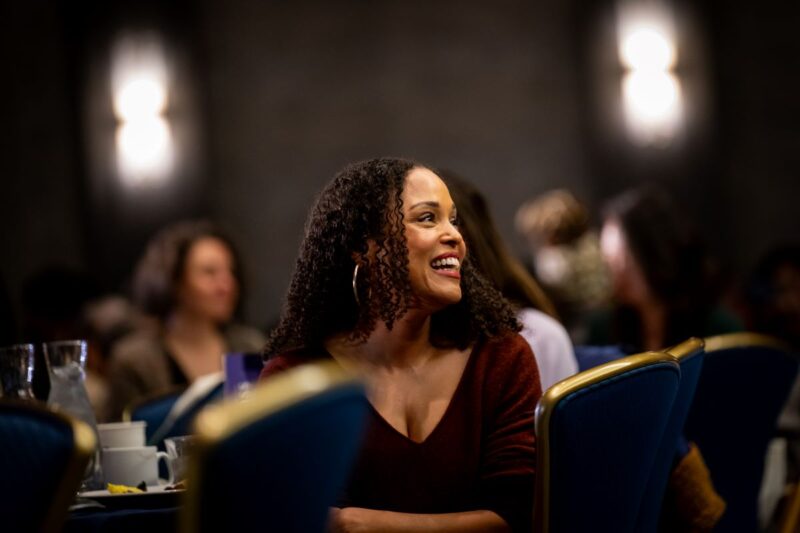2. Beside: A Death Full of Life
I lovingly joke that talking to one of my friends is like having your own personal audiobook. My friend is a person who easily gets stuck in research rabbit holes—often for months—and is always excited to share what she has learned. One of the rabbit holes my friend constantly returns to is death rituals. Over the summer, as I was driving around the Great Lakes, I’d call my friend and she would happily tell me about the death practices across different places and times.
“It might go without saying, but for as long as humans have lived, we have also died,” writes Gabrielle Anctil. Naturally, the history of death rituals, and disposing of the dead, is almost just as long. “Prehistoric humans buried their dead, sometimes with weapons or animal heads to offer some protection — against wild beasts, perhaps, or spirits — in the beyond. Some placed cadavers on mountaintops instead, trusting the elements, and scavengers, to scatter them (this practice persists in Tibet and in some parts of China and India). The first architect, the Egyptian Imhotep, is known for his mortuary constructions. Methods of interment have changed throughout the ages.”
Modern cemeteries didn’t become popular until the mid-19th century, and “[it] wasn’t until the 1980s that cremation became truly popular …. It’s not unusual nowadays to see urns resting upon mantelpieces, if departed loved ones’ ashes haven’t simply been scattered in a meaningful place. The cemetery has lost its nobility.” All means of disposing of bodies affects the environment, and while it is easy to assume cremation is an eco-friendly option, “a single cremation requires two full SUV gas tanks’ worth of fuel, to say nothing of all the carcinogenic particles that are released into the atmosphere.” This indicates a larger problem: “the lack of real options. Restrictive laws across North America, combined with an industry that’s slow to change, force people to choose between various polluting options.” Things are, however, slowly changing. “How much greater would this peace be if we knew that our remains could help nourish the ecosystems around us?”
